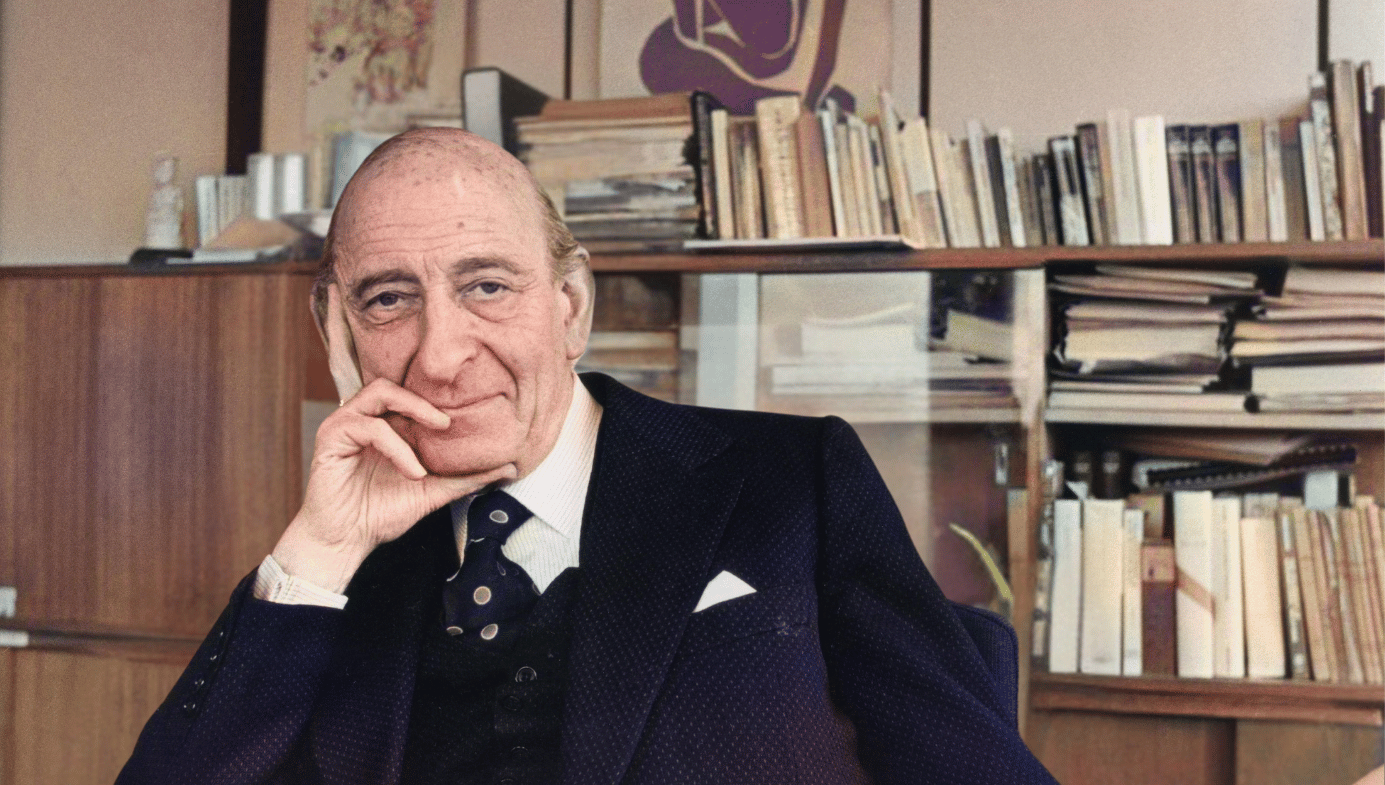France
Raymond Aron and the Art of Politics
For Aron, politics is the art of living together, the art of the possible, and requires an “acute awareness” of the limitations of our power to influence reality.
· 13 min read

Keep reading
The Teaching Problem
John Tagg
· 17 min read
Invisible Disability and Hidden Potential
Hannah Gal
· 16 min read
Disco Inferno
George Case
· 10 min read
Conflicting Visions of Peace
Benny Morris
· 8 min read
When Women Are Radicalised
Claire Lehmann
· 8 min read





